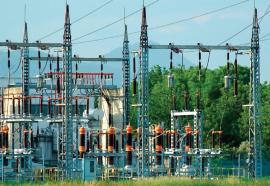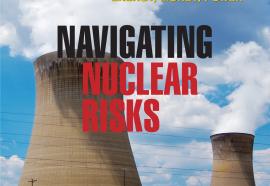Carbon in the West
Prices between $50 and $80 a ton will trigger major market responses.
Whether in the form of a carbon tax or cap-and-trade regime, climate-change policy is coming and will have a profound effect on electric suppliers and consumers. EPRI studied the effects of high carbon dioxide prices on nine diverse Western generation companies and provides insight into the expected major market responses.









